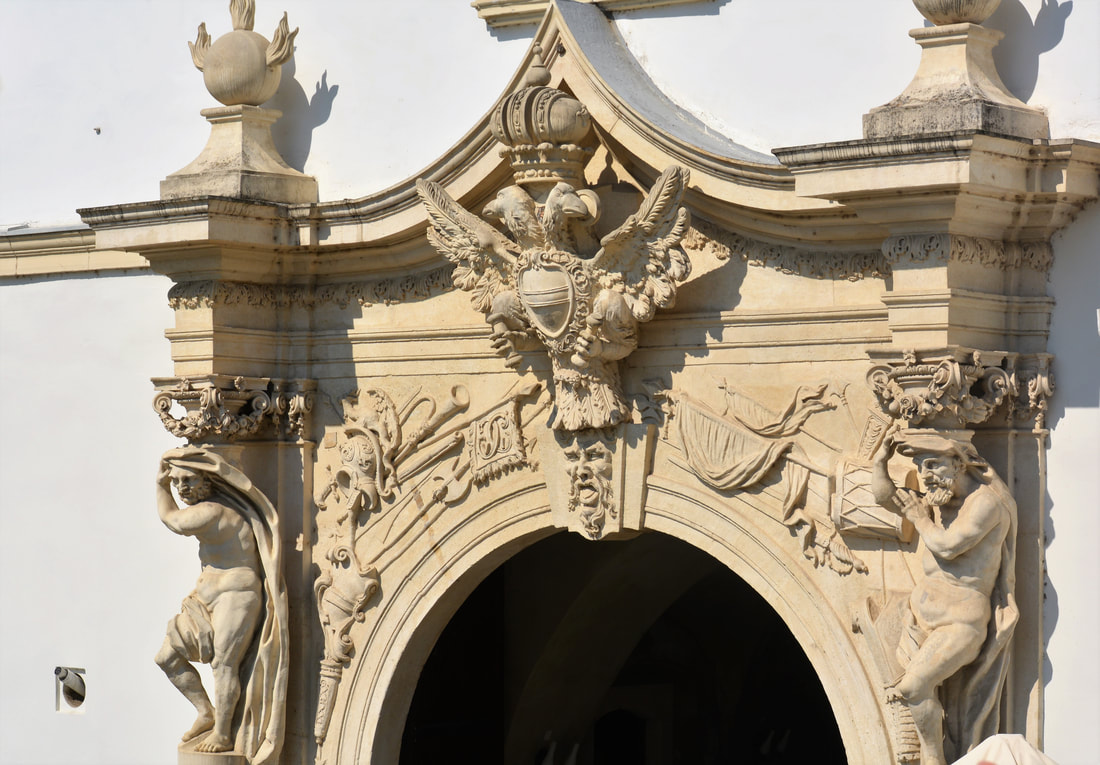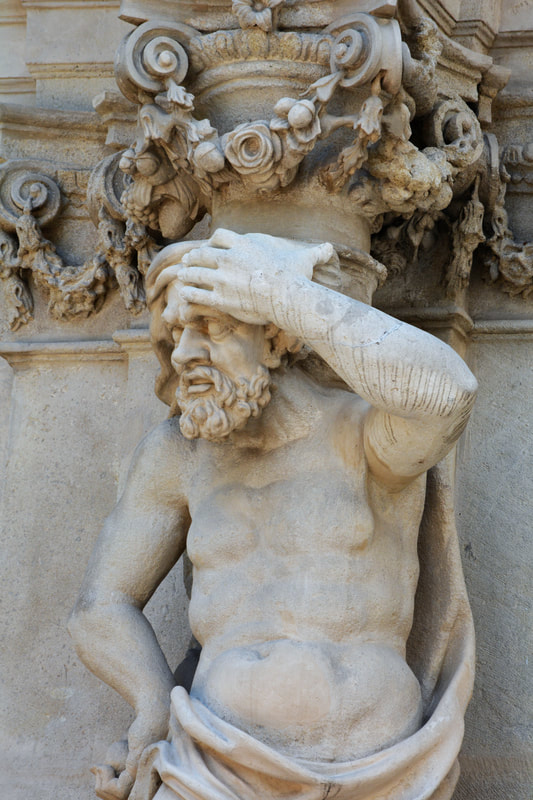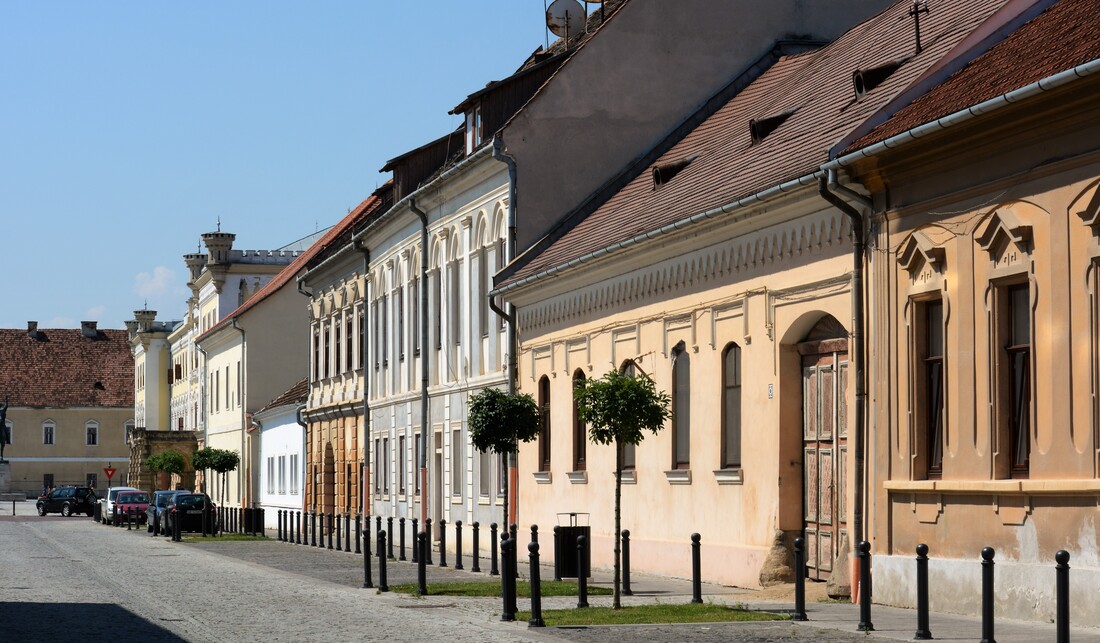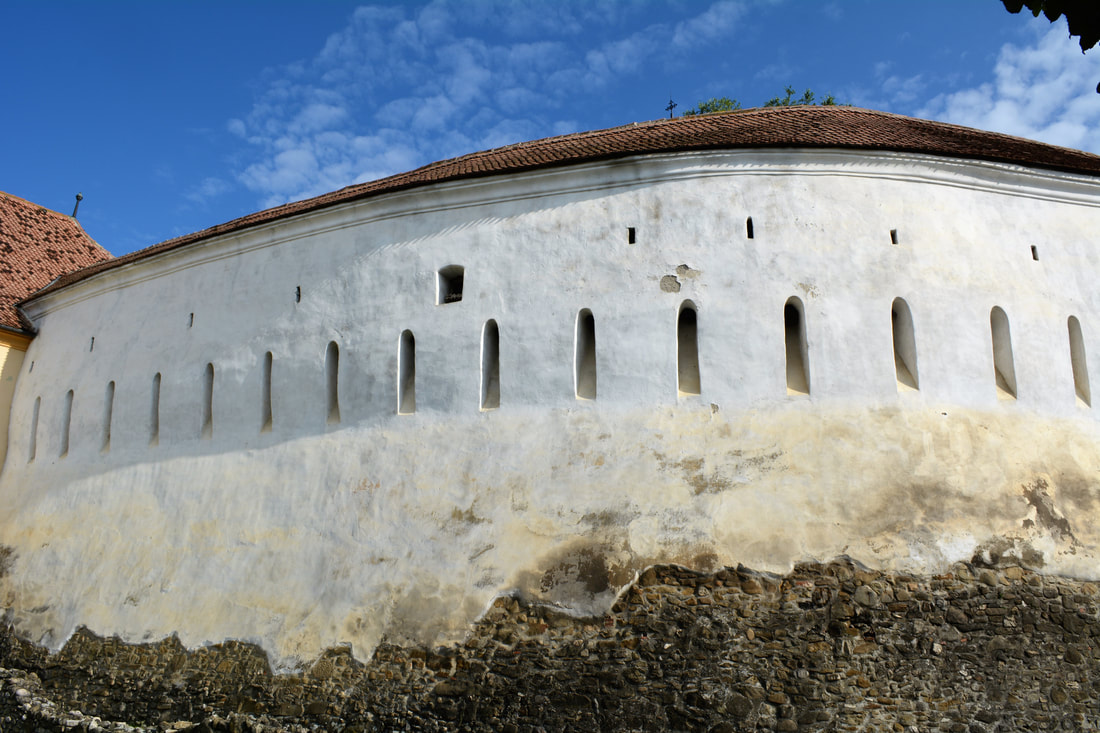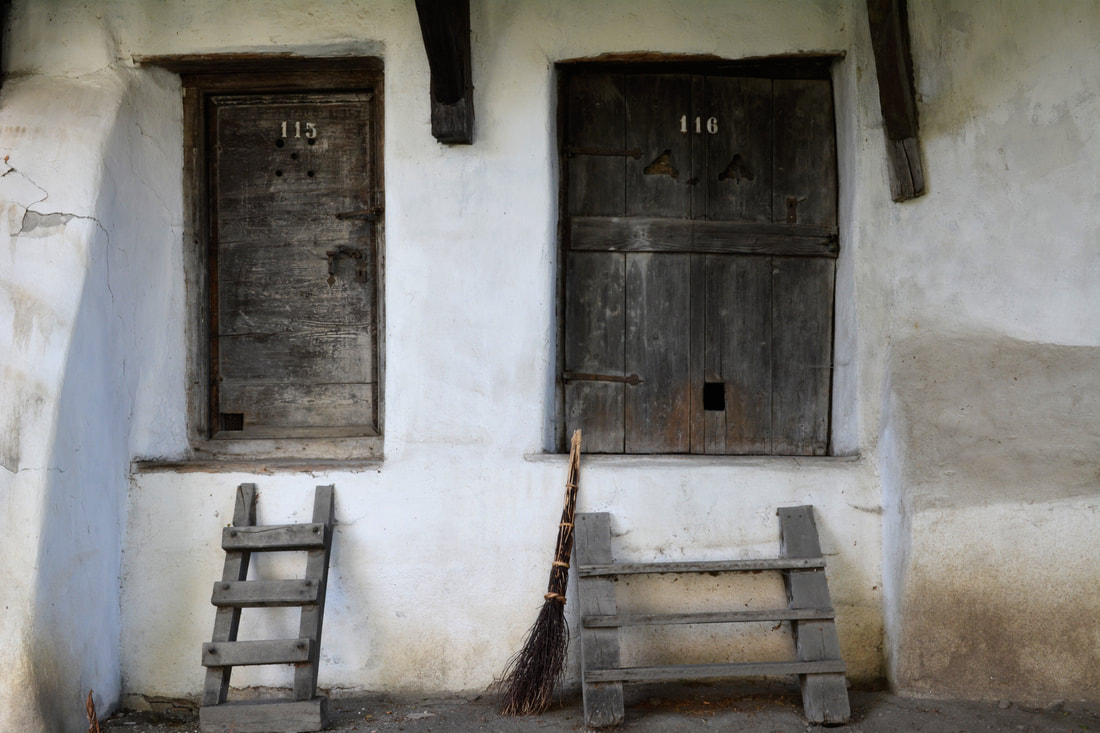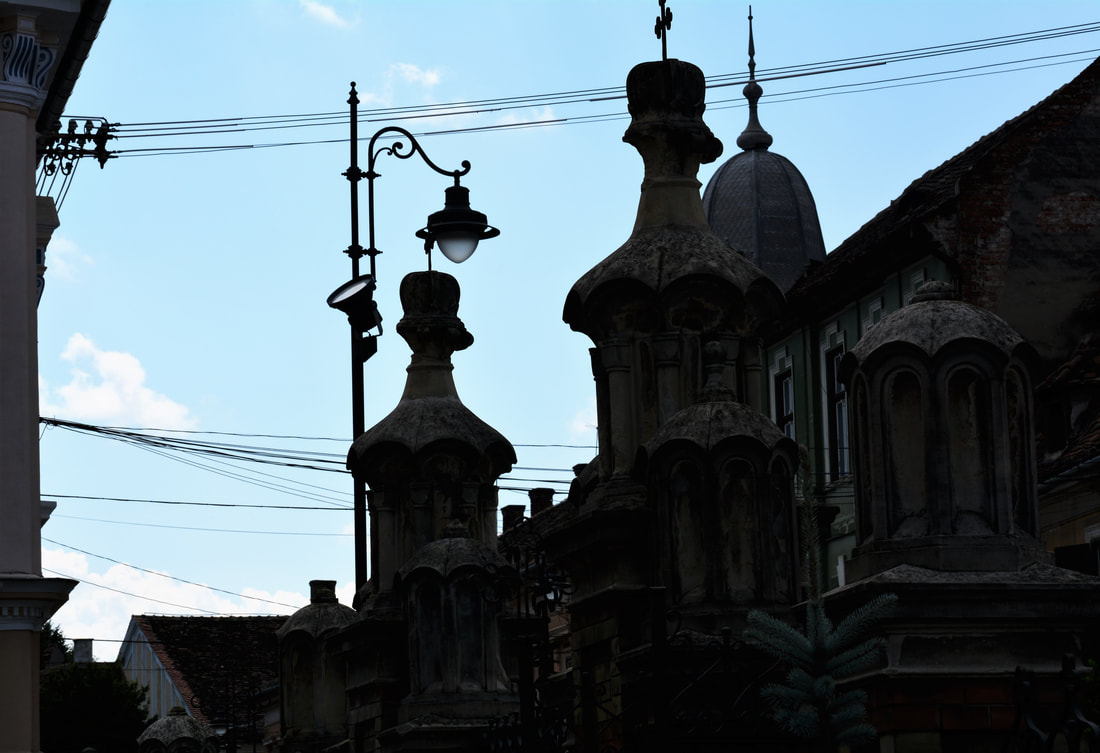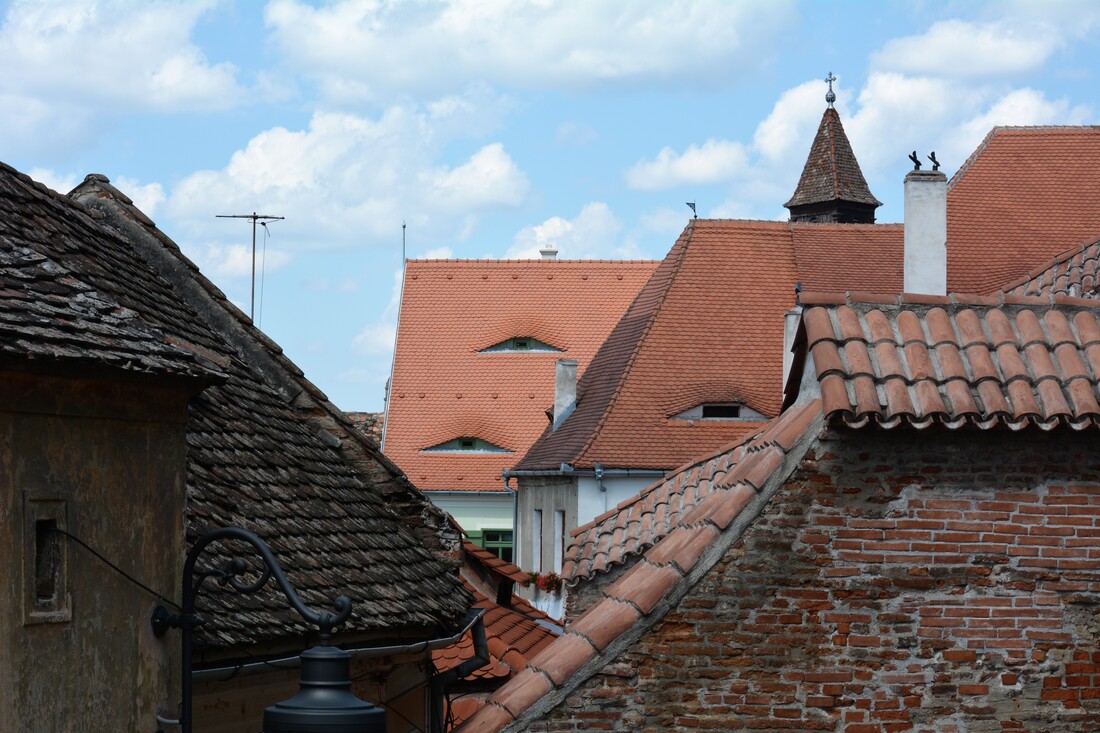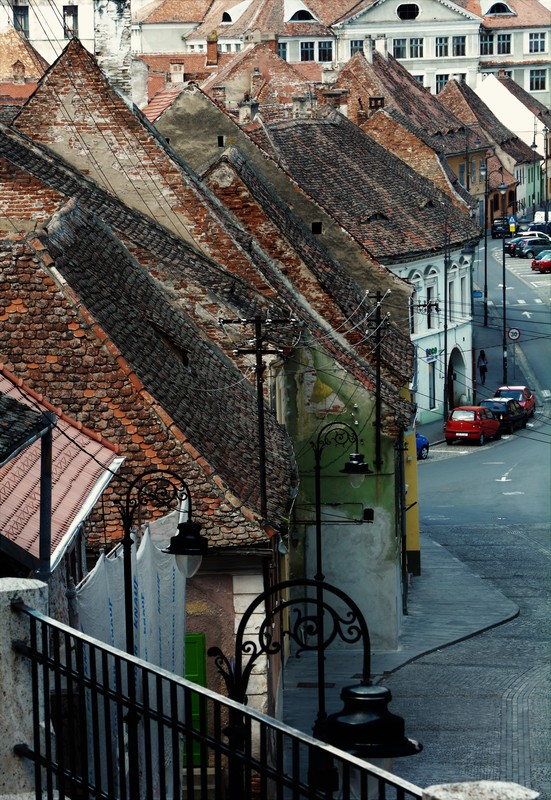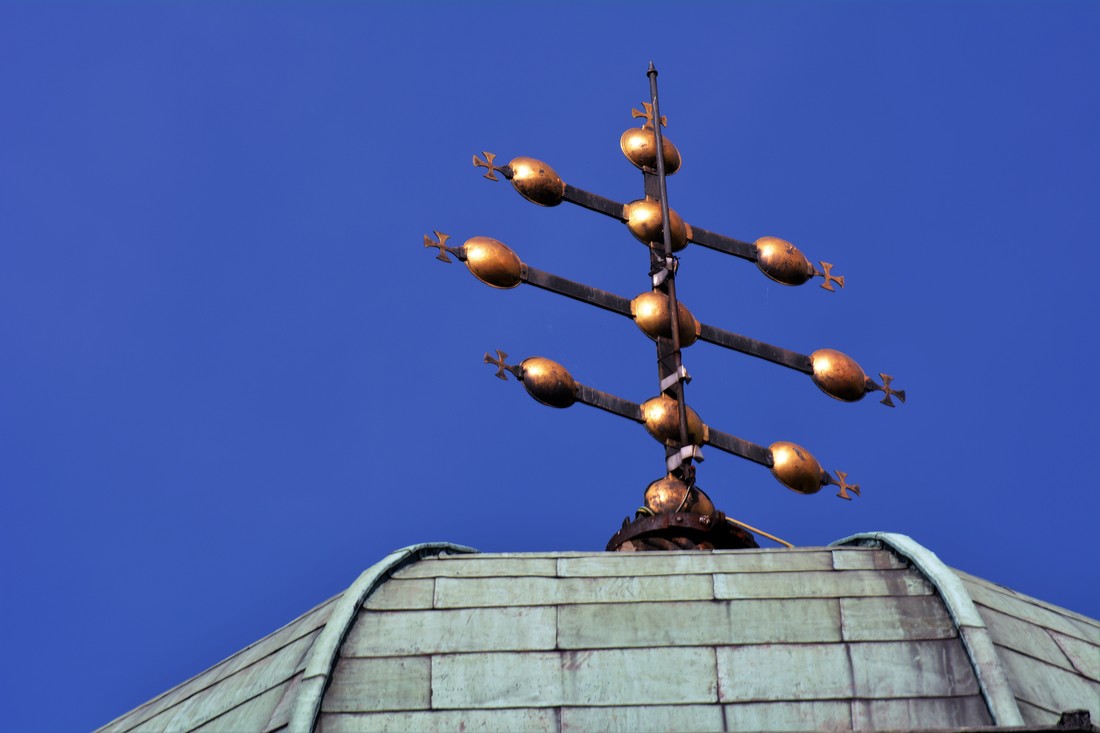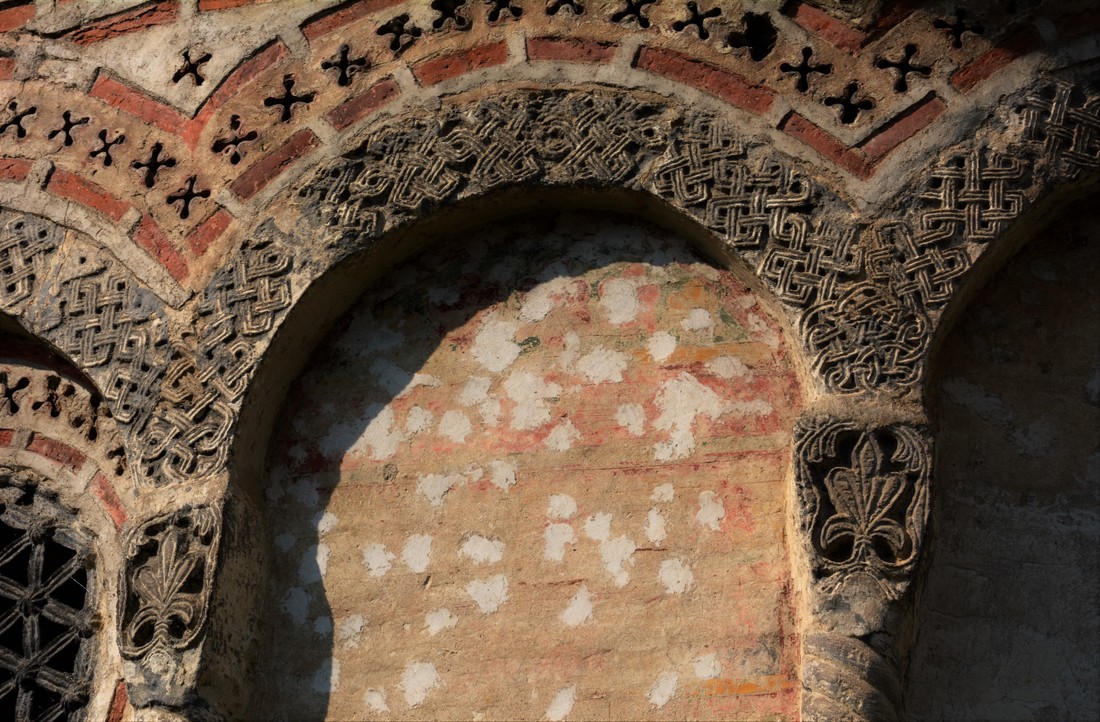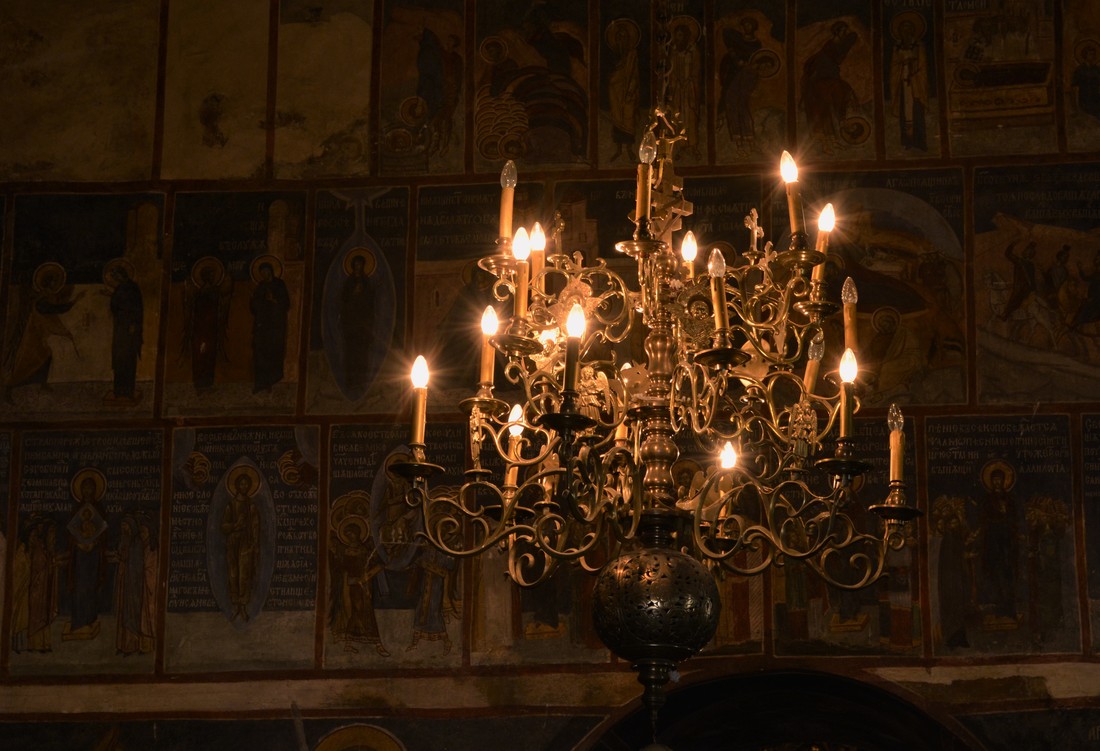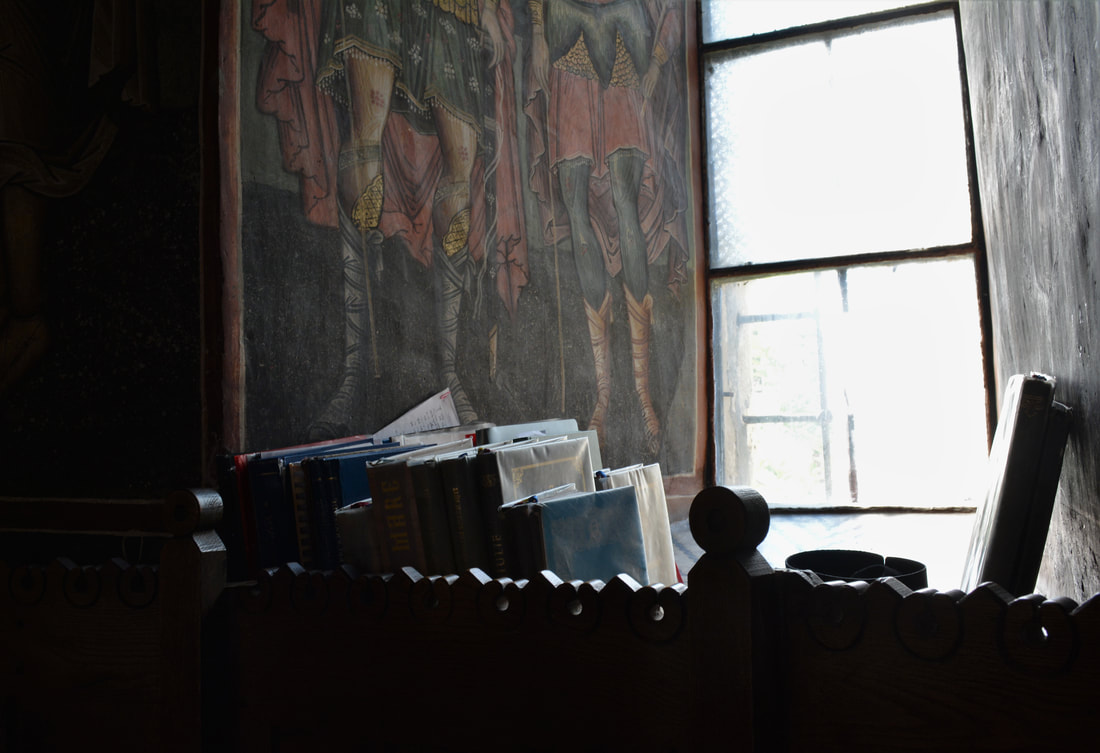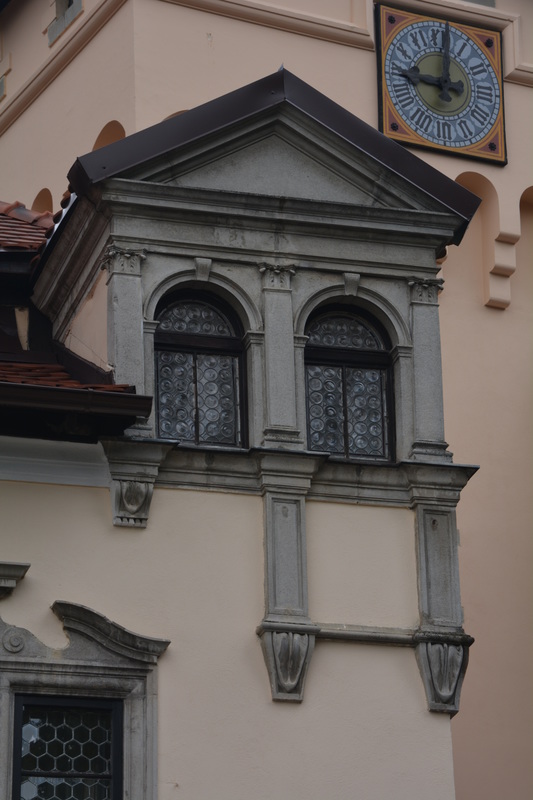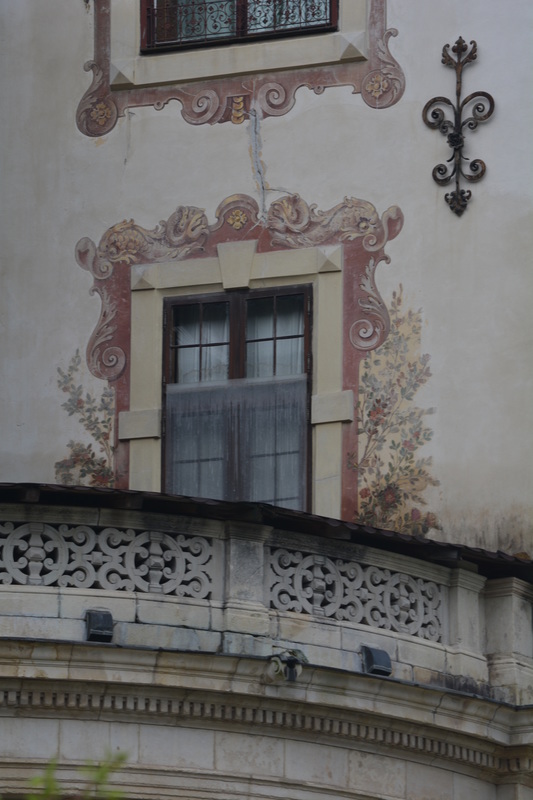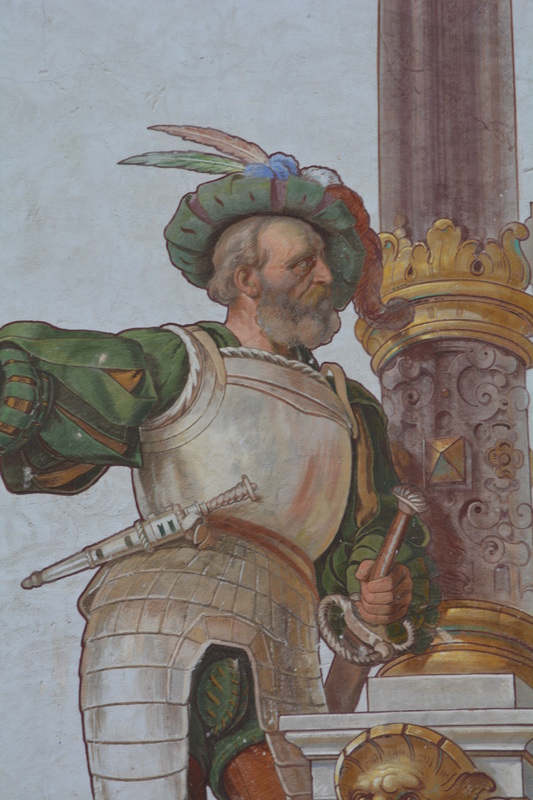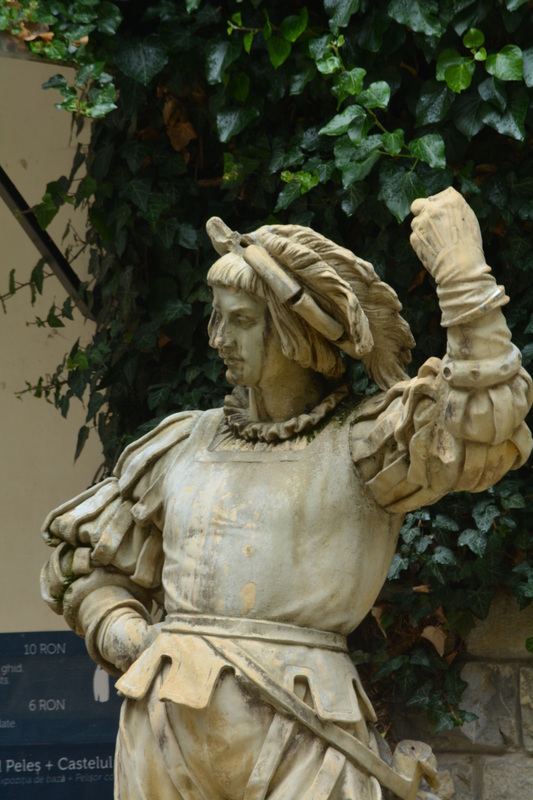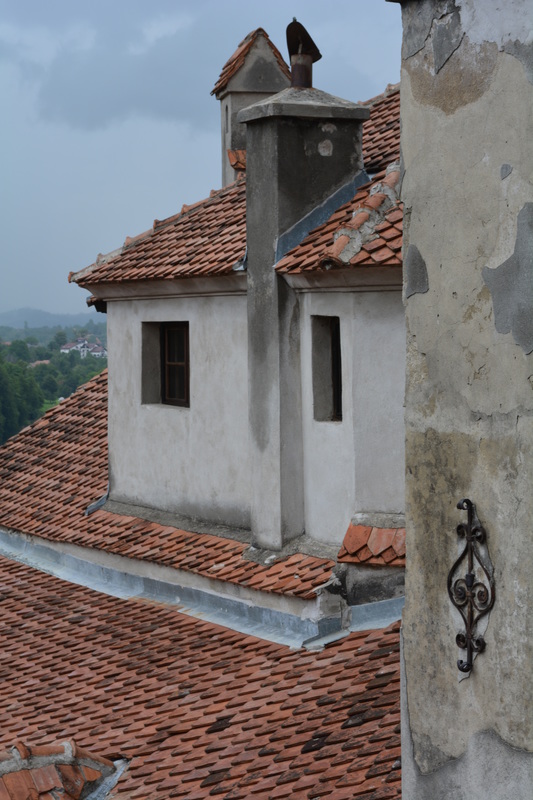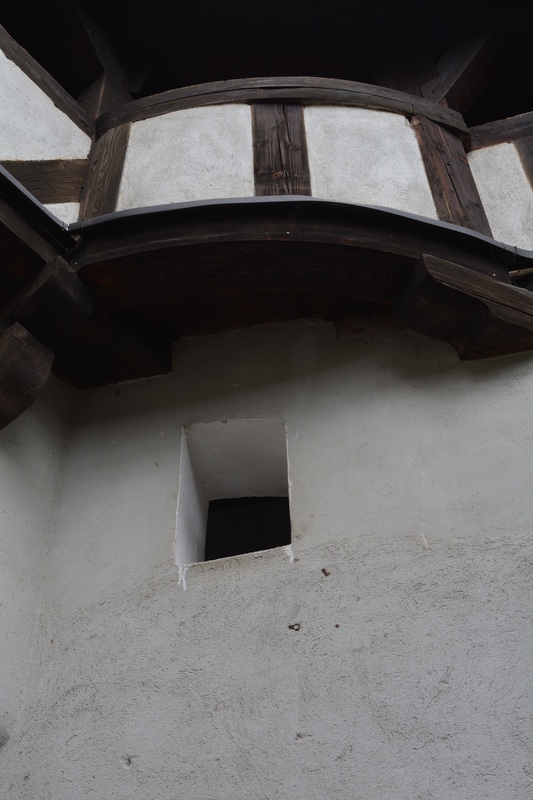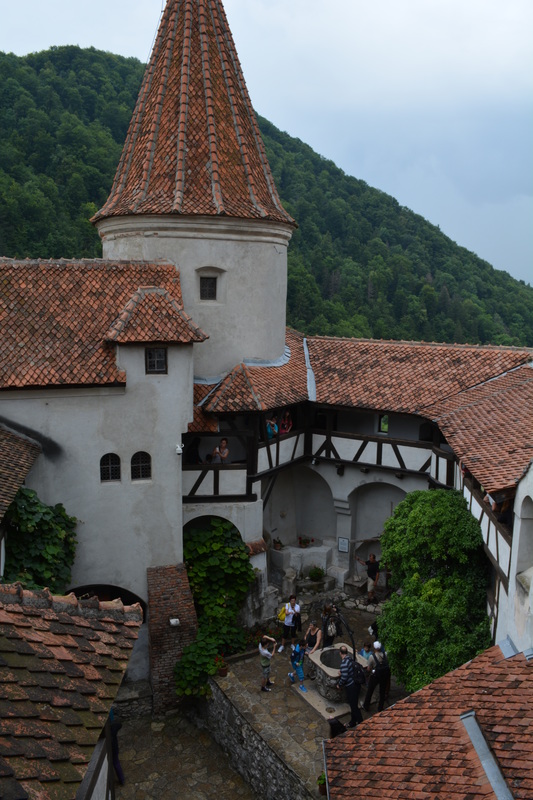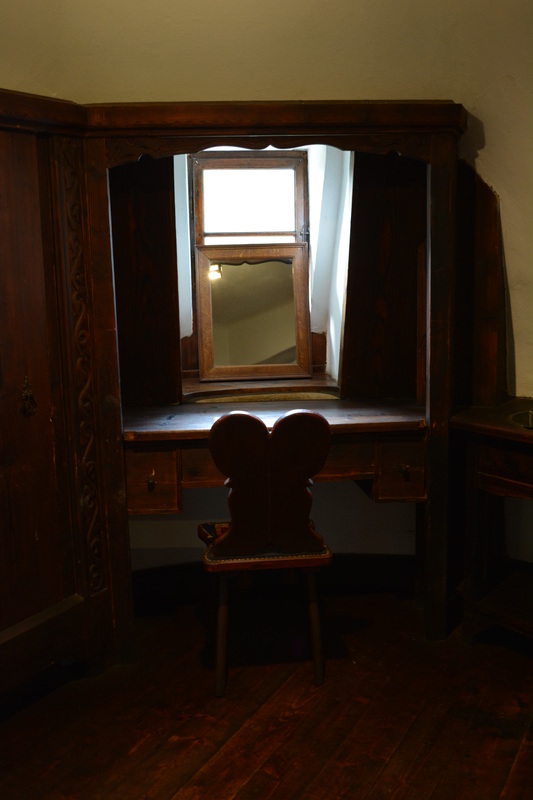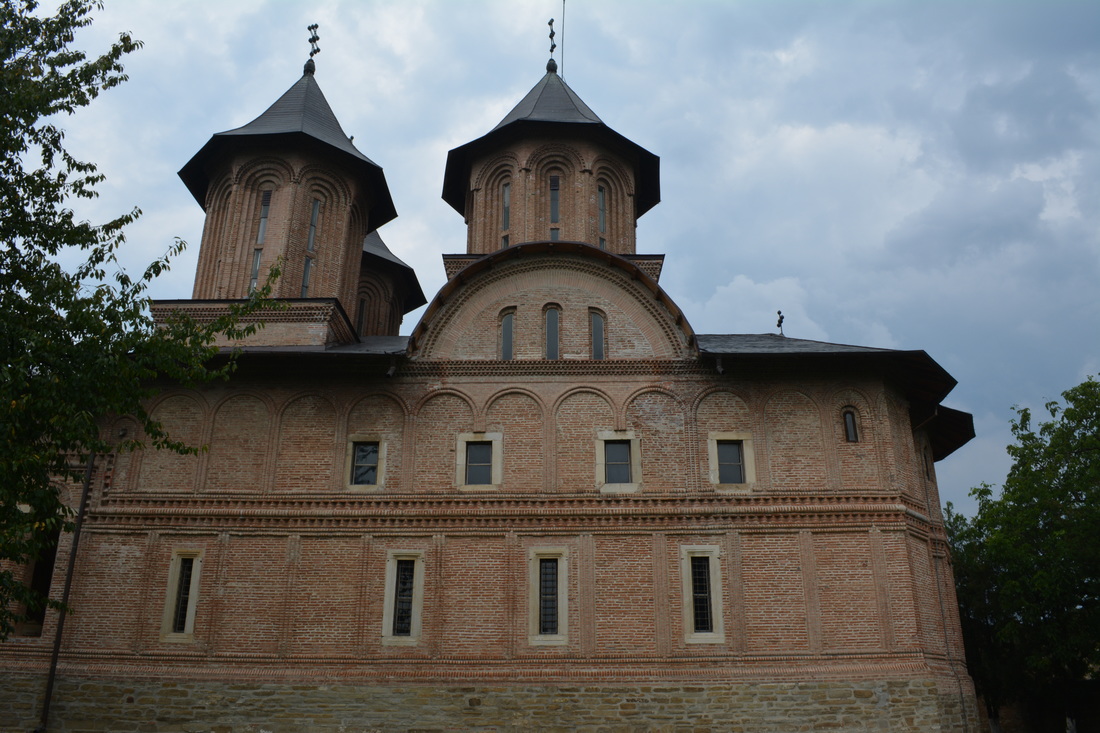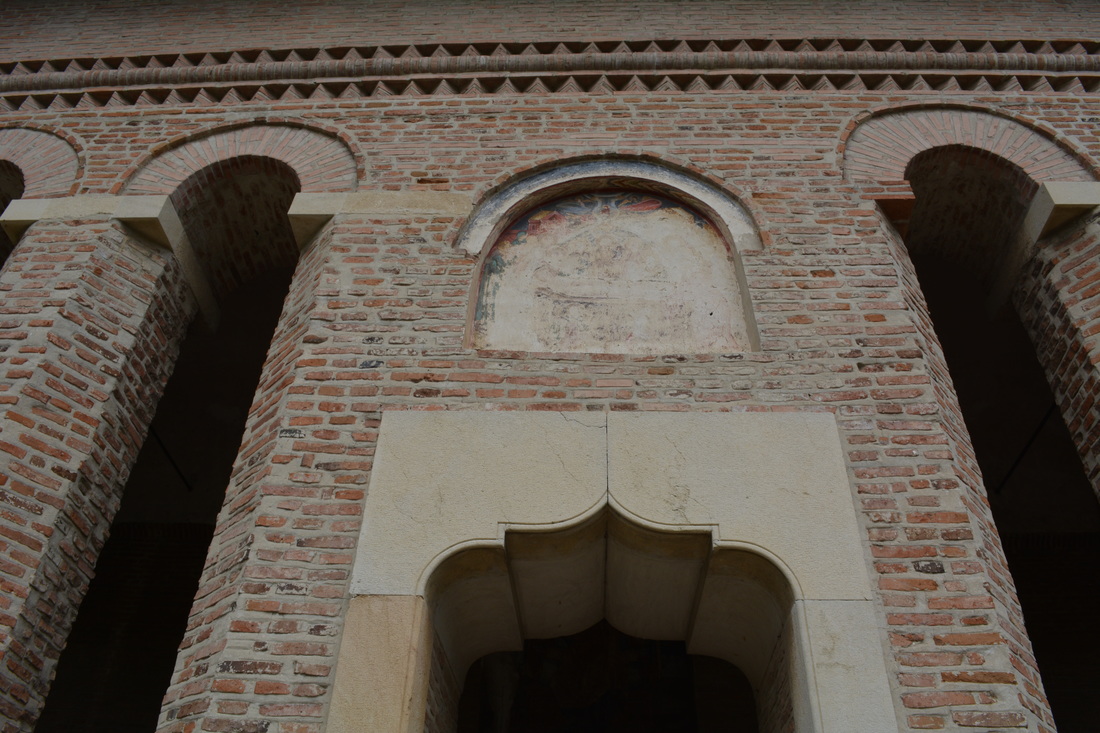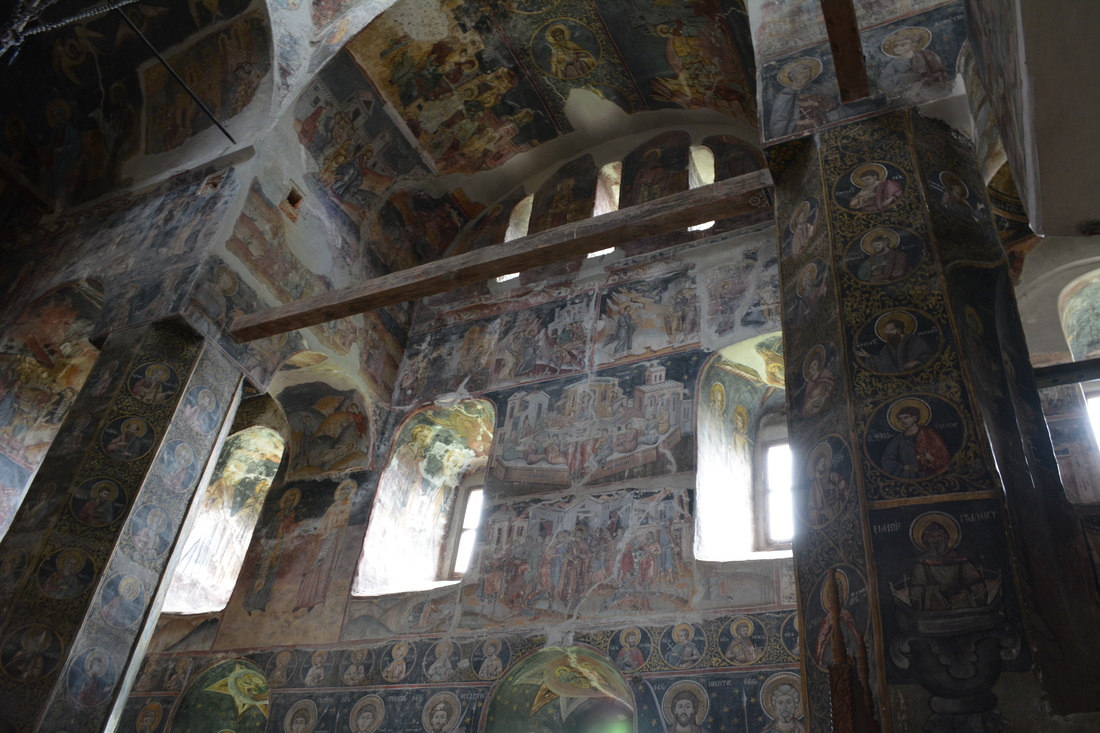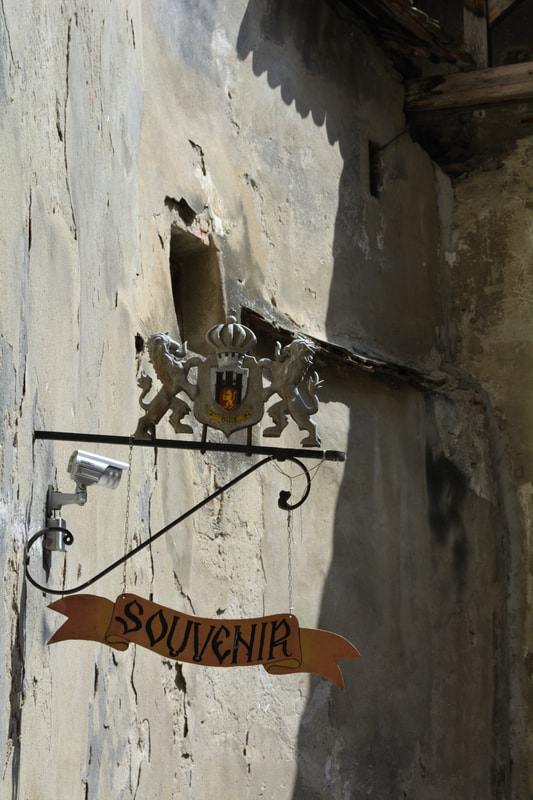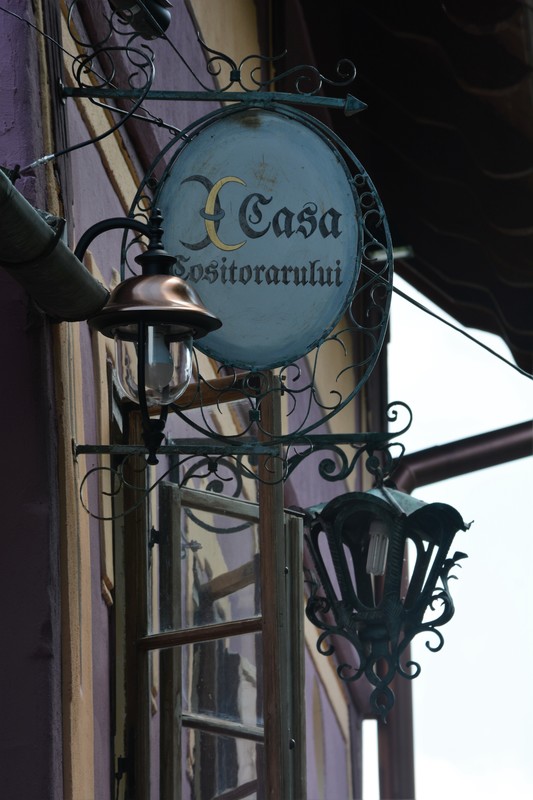what is Romanian literature?
Romanian literature is deeply rooted in the country's folklore, a patrimony of doine (lyric songs), colinde (carols) and basme (fairy tales). Although the Romanian is a Romance language, thus a descendant of ancient and medieval Latin, there is little or no continuity between early-modern Romanian literature and the Romance cultural and literary continuum of the Middle Ages. The oldest written documents in Romanian date back to the 15th and 16th century; they are related to Orthodox Christianity like Psaltirea Șcheiană and Codicele Voronețean; there is also a letter to the judge and mayor of Brasov, Hans Benkner. Curiously, those early examples of vernacular writing almost coincide with the introduction of print in Romania. Already in 1508, a Slavonic religious book was printed; in the 1550s, the printed books in Romanian were connected with Protestantism. Several crucial steps for the development of the language, such as the publication of the complete translation of the Bible, the grammar and the dictionary happened as late as the 17th century. What is more, this early-modern development was interrupted in the 18th century by the Ottoman rule. Curiously, it is a period of Greek influence in the Romanian culture, since the Turks preferred to rule the country through the Greek merchants of Istanbul, the phanariotes.
The 19th century brought about the national awakening and the literary aspirations that always accompany such movements. In 1863, an important literary circle, Junimea, was founded by Titu Maiorescu. The second half of the century brough about the poetry of Mihai Eminescu.
Romania achieved national unity in 1918. Just like in many countries born after the ww1, the interbellum period was a time of enthusiasm and blossom. It was also the Golden Age of Romanian novel. On the other hand, the avantgarde movements, including surrealism, were of particular importance in this young and vivacious literature (Tristan Tzara, the inventor of the dada, was born in Romania).
German colonisation and diverse links with German culture are a particularly powerful element shaping Romanian culture. No wonder the most recognizable contemporary Romanian writer, Herta Muller, belongs to the German minority, that suffered strong pressure under the communist regime.
The 19th century brought about the national awakening and the literary aspirations that always accompany such movements. In 1863, an important literary circle, Junimea, was founded by Titu Maiorescu. The second half of the century brough about the poetry of Mihai Eminescu.
Romania achieved national unity in 1918. Just like in many countries born after the ww1, the interbellum period was a time of enthusiasm and blossom. It was also the Golden Age of Romanian novel. On the other hand, the avantgarde movements, including surrealism, were of particular importance in this young and vivacious literature (Tristan Tzara, the inventor of the dada, was born in Romania).
German colonisation and diverse links with German culture are a particularly powerful element shaping Romanian culture. No wonder the most recognizable contemporary Romanian writer, Herta Muller, belongs to the German minority, that suffered strong pressure under the communist regime.
I have readEliade...
Cioran, Exercices d'admiration (1986) |
Vertical Divider
|
I have written... nothing ...
|
|
Vertical Divider
|
I traveled to Romania in the summer 2014. What brought me there in the first place was the intuition that coming closer to the Romanian culture might be good for my transcultural project. I was thinking about the great generation of dispatriants, about Eliade, Cioran. I used to read Eliade extensively in my youth, even in Romanian. I thought I might learn a bit more of this language. So I went, and I brought many books: Eliade's novels in the original, some books on Cioran, and a terrible volume of the history of Romania, similar to no other.
The road to Alba Iulia19.07.2014
I read the Portugal Journal by Eliade. There is something I'm looking for, something absent from Polish culture, except Conrad: the dispatriation. I'm searching for the notes concerning the process of becoming European. The Romanians manage to go through this process incomparably, till its utmost consequences, till a complete dispatriation from language. Consider Cioran. It's clear that Eliade became a man for the first time in his French exile. His life before was filled with blather and unseriousness and being a mere teenager, –and worse than this. Only the great metropolis offers the privilege of neutrality. While placedness imposes illegitimate choices, requires taking abusive options. And obviously, whatever you chose, right or left, there is always the same sticky end. It's the same even nowadays. It's the choice between mum and dad in a highly dysfunctional family, the eternal infantilism of the peripheral mind. What is the lesson I should learn from the Romanians? Is there anything to learn at all? Or is their excellence just an error of categorization? Their lacking of proper identity make them versatile, producing local versions of universal values, trends and styles. Is it virtue or vice? I remember an essay by Martin Jay in response to Adam Chmielewski's complaint on philosophical empire, on supposed Americanization of our minds(1). Jay is perplexed to see himself invested with the role of an imperial agent and he advises us more translations, it's all about translations, he says, good it would be for the Polish colleagues to understand it. I see his point. Philosophy is a marketplace where ideas circulate, passing from hand to hand indiscriminately. Perhaps we find it difficult to adopt to this market economy, because we believe to lack local currency, we feel uncomfortable as if we came with empty pockets. What makes us so inefficient is our longing for "national humanities"; we believe it would give us this missing currency to enjoy equality on the marketplace. And most probably there is no such thing as "national humanities" at all, or if there is, it's not a thing truly worth having. Do the Americans have any "national humanities" they impose on the rest of the world? No, if they appear to rule, it is by selling reader's digests of everything. We have the simplicity of mind of a savage in a supermarket, believing that things are there because they have been magically produced there. We believe in numina of the shopping center, and we fall on our knees, worshiping fervently and scared of such a powerful magic that might turn against us. On the other hand, there is truly a spell to be learned. All those who achieve success in the contemporary world build on mediation. How Moroccan is the Moroccan literature? For sure there is quite a lot of their own, but nonetheless they didn't stand up against their Parisian editors to struggle for anything "national". Neither did Cioran. And on the other hand, through universalism, isn't their style pronouncedly their own? For a national style in Romania, Brancovian is more than enough. And there is a big secret to be discovered here, I believe, in this constant oscillation between ourselves and the common ground. There is no place for dispute whose history had been harder to bear; nonetheless the Polish got a twinkling for exacerbated resistance. Perhaps they still oppose themselves to a colonization, and paradoxically, colonized they are more than anyone else. They resist the American empire of ideas, and Americanized they are by the sheer force of their resistance. This is a basic lesson of Girard, how you get defined by any agonic contest you engage in. And we are entangled in many agonic contests, over and over again. In the meanwhile, the Romanians seem to go with the flow and get things so much easier than we do. This is of course a way of speaking, but I suppose there might be some truth in it. Significantly, I hardly entered any bookshop there that I saw plenty of Polish literature translated into Romanian. And I don't actually remember having seen any Romanian authors translated into Polish recently. Is it because our prose is objectively more important than theirs? Or they see us while we don't see them, and this is what gives them a strategical advantage? 1Martin Jay, “Can There Be National Philosophies in a Transnational World?, in Essays from the Edge. Parerga & Paralipomena, University of Virginia Press, 2011, p. 162-176. |


